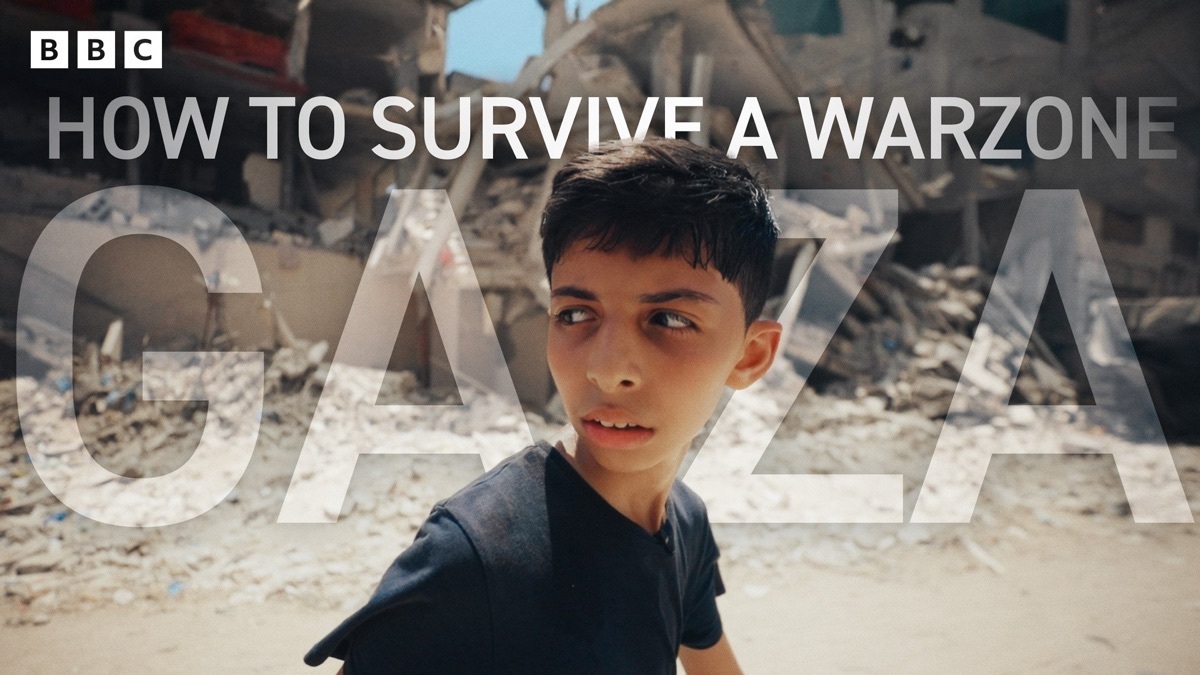The BBC's cowardly decision to support Zionist interests

The BBC faced a strong backlash after it removed the documentary “Gaza: How to Survive in a War Zone,” which focused on the experiences of Palestinian children in the Gaza Strip.
The BBC’s decision to remove the documentary follows pressure from Zionist elements. These include the regime’s ambassador to the UK and British officials such as Lisa Nandy, the country’s culture minister.
While the BBC announced that it was conducting further investigation into the documentary, the decision has sparked widespread debate about media impartiality and the image of Palestinians in the British media. The network says the Gaza documentary contains important stories about the experiences of children in Gaza, but will not be available while the review continues.
A group of 45 Zionist journalists, including former BBC director Ruth Deitch, also sent a letter calling for the film to be removed.
However, many defended the documentary. Chris Doyle, director of the Council for Arab-British Understanding (CAABU), expressed disappointment at the decision, calling it a disgrace; he said the documentary was removed under pressure from anti-Palestinian activists who have no sympathy for the suffering in Gaza. He called on the BBC to make the documentary available again.
The controversy has also sparked criticism of the BBC’s independence. Filmmaker and journalist Richard Sanders called the decision cowardly, warning that bowing to pressure from pro-Israel lobbyists would set a dangerous precedent for the media’s coverage of Palestinian stories.
The film, which depicts the challenges faced by Palestinian children living under constant threat from Israeli bombardment, is seen by many as a vital tool in portraying the plight of Gaza’s youngest victims.
The controversy comes amid an ongoing humanitarian crisis in Gaza, which has been exacerbated by the ongoing violations of ceasefire agreements and the Israeli-imposed blockade.
Thousands of Palestinian civilians, including children, have been killed since the start of the war, and shortages of food, water and medical supplies continue to exacerbate the situation. Human rights groups have described the situation as one of the world’s worst humanitarian crises.
Pro-Israeli figures have long targeted the media’s portrayal of Palestinians as part of an effort to shield the regime from scrutiny over its actions in the Palestinian territories. Many see this as part of a broader strategy to silence Palestinian voices and limit international sympathy for their plight.